community/life
-
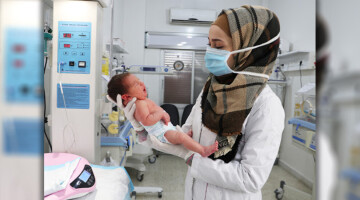
Stillbirth rate rises in refugee camps of Idlib
IUFD (Intrauterine Fetal Death) has been increasing in northern Syria's refugee camps due to many reasons, including poor living conditions and a lack of health care services.
-
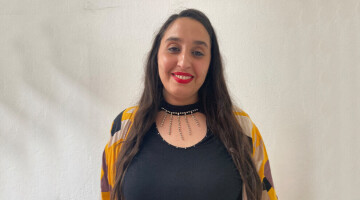
Meet Abeer Rabiei, the founder of the first anti-bullying initiative for obese women
Abeer Rabiei, an Algerian journalist, launched the first initiative to combat bullying of obese women by creating a blog that motivates and psychologically supports them.
-
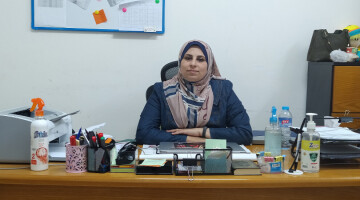
Campaign in Gaza aims to make voices of victims of violence heard by decision-makers
The “There is No Justification for Violence,” campaign launched by the Women's Affairs Center aims to raise the voices of women and girls, who have been victims of violence, and make them heard by decision-makers.
-
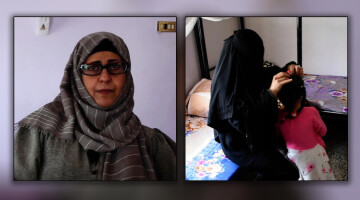
Yemeni law leaves women released from prison unprotected
Female convicts in Yemen face social and family pressures that hinder them from reintegrating into society following their release.
-
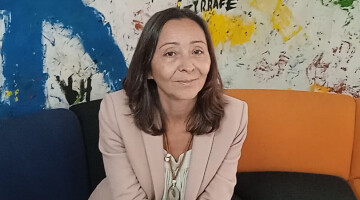
“Reda's Smile” association carries out activities to prevent youth suicide in Morocco
The “Reda’s Smile” association in Morocco has launched campaigns to prevent youth suicide.
-
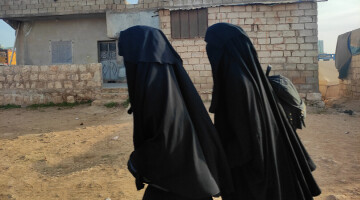
Women living in “widows’ camps” in Idlib
There are 46 camps known as “widows’ camps” that supposedly host widow or divorced women. Women living in these camps are subjected to isolation.
-
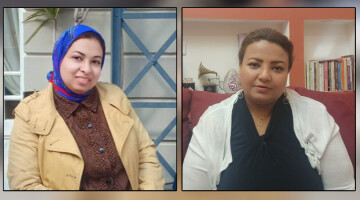
Women launch solidarity initiatives in Cairo
Many initiatives have been recently launched in Cairo by women to support and be in solidarity with each other.
-
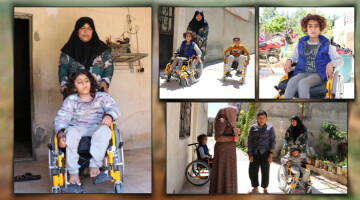
Amîna El-Şêx Mehmûd takes care of her five children with disabilities alone
Five of seven children of Amîna El-Şêx Mehmûd are disabled. She takes care of her children alone and expects support.
-
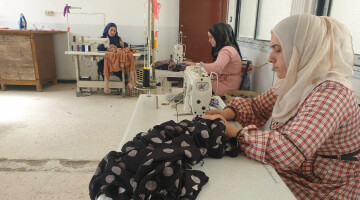
Euphrates Women's Sewing Workshop becomes women’s success story
While the Euphrates Women's Sewing Workshop provides employment for women, the workshop is a women’s success story of “breaking chains” for women working in the workshop.
-

Jordanian journalist Dama Al-Kurdi’s new book: “The woman who beat cancer”
Journalist Dama Al-Kurdi, who struggles to improve the working conditions of women journalists in Jordan, has published a book titled, “The Woman Who beat Cancer”.
-
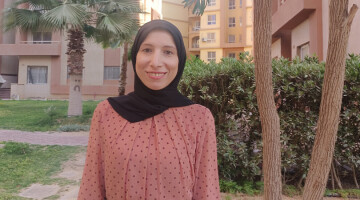
Feminization of poverty in Egypt
Speaking about the “feminization of poverty” phenomenon in Egypt, lawyer Mona Salem calls on the government to carry out awareness-raising activities for women, and victims of child marriage.
-
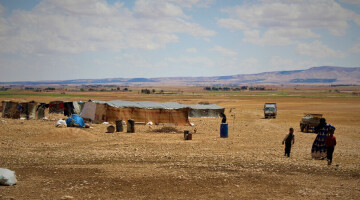
Migration story from Deir ez-Zor to Tall Tamr: It's safer here
Zabila Esed and Şemsa Salih, who migrated from Deir ez-Zor to Tall Tamr, say their village is not safe, even if they have to stay in tents, Tall Tamr is safer for them.
-
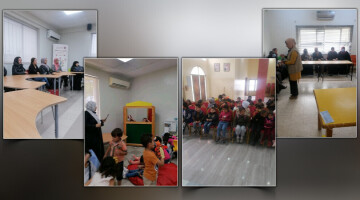
Green Sondos Cultural Forum founded in Jordan for women and children
Faten Al-Ghazwa founded Green Sondos Cultural Forum to support women and children in Jordan. She calls on the relevant authorities to fulfill their responsibilities.
-
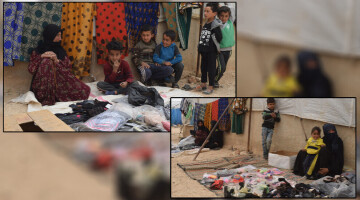
Displaced women in Manbij: We go to bed hungry
Women living in the refugee camps in Manbij have to take care of their children and other family members. They say they often go to bed hungry due to price hikes.
-

Hêza Hawar: Contact us for your safety
Hêza Hawar, security forces in northeastern Syria, aims to protect the citizens in the region. The members of the Hêza Hawar ask citizens to contact them when they face extraordinary and emergency situations.
-
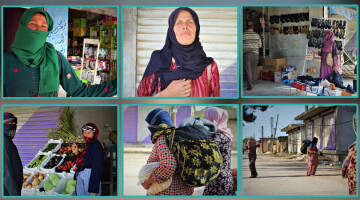
People in Hasakah canton break their fast under artillery fires
Women living in the Zirgan (Abu Rasin) town of the Hasakah canton struggle to survive under the Turkish attacks. They have to break their fast under artillery fires.
-
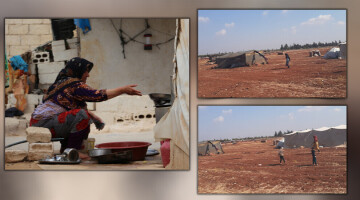
Women struggle to live against poverty in Idlib’s refugee camps
Women living in the refugee camps located in Idlib face difficulties in accessing their fundamental needs such as food, health services, electricity, and water. They expect help.
-
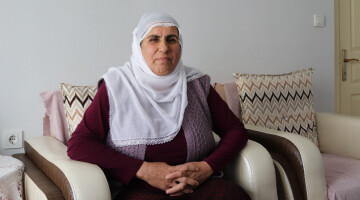
Living away from her village for 28 years: All I want is to return to my village
Nefise Bayram and her family had to leave their village in 1994 after their house was burned down. “My only regret is having left my village. My memories and my childhood are there,” she says.
-
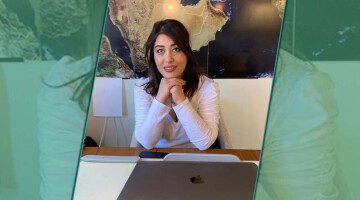
“Masculinity generates war”
Every war brings plunder, corruption, destruction, and exploitation with it. Rana Soleimani believes that as long as there is no gender equality, the world will suffer from more exploitation, gender-based violence, honor killings, and wars.
-
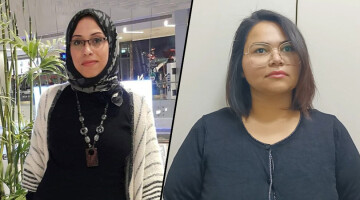
“Women’s support centers should be opened in Egypt”
Najwa Ramadan, Executive Director of the Edraak Foundation for Development and Equality, stated that women are subjected to all forms of violence and added...
